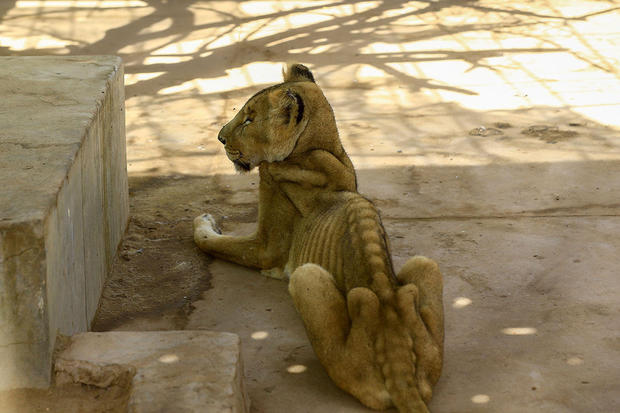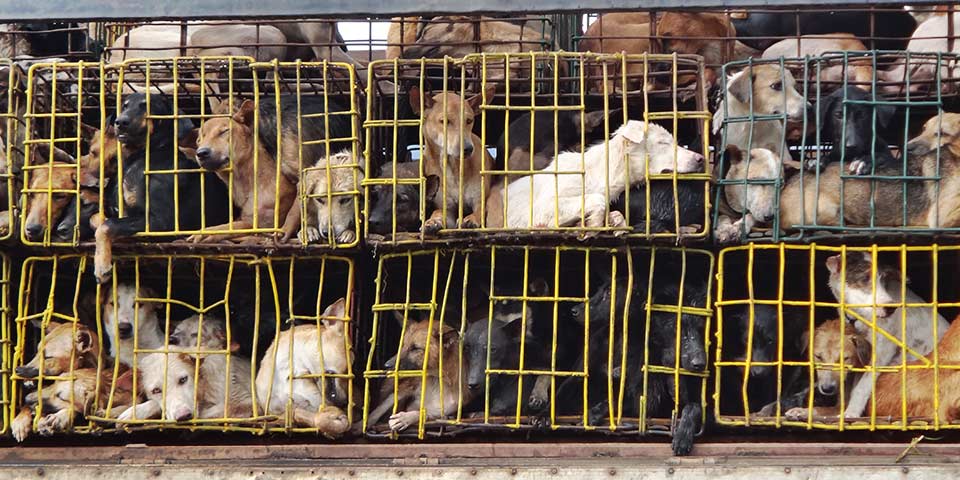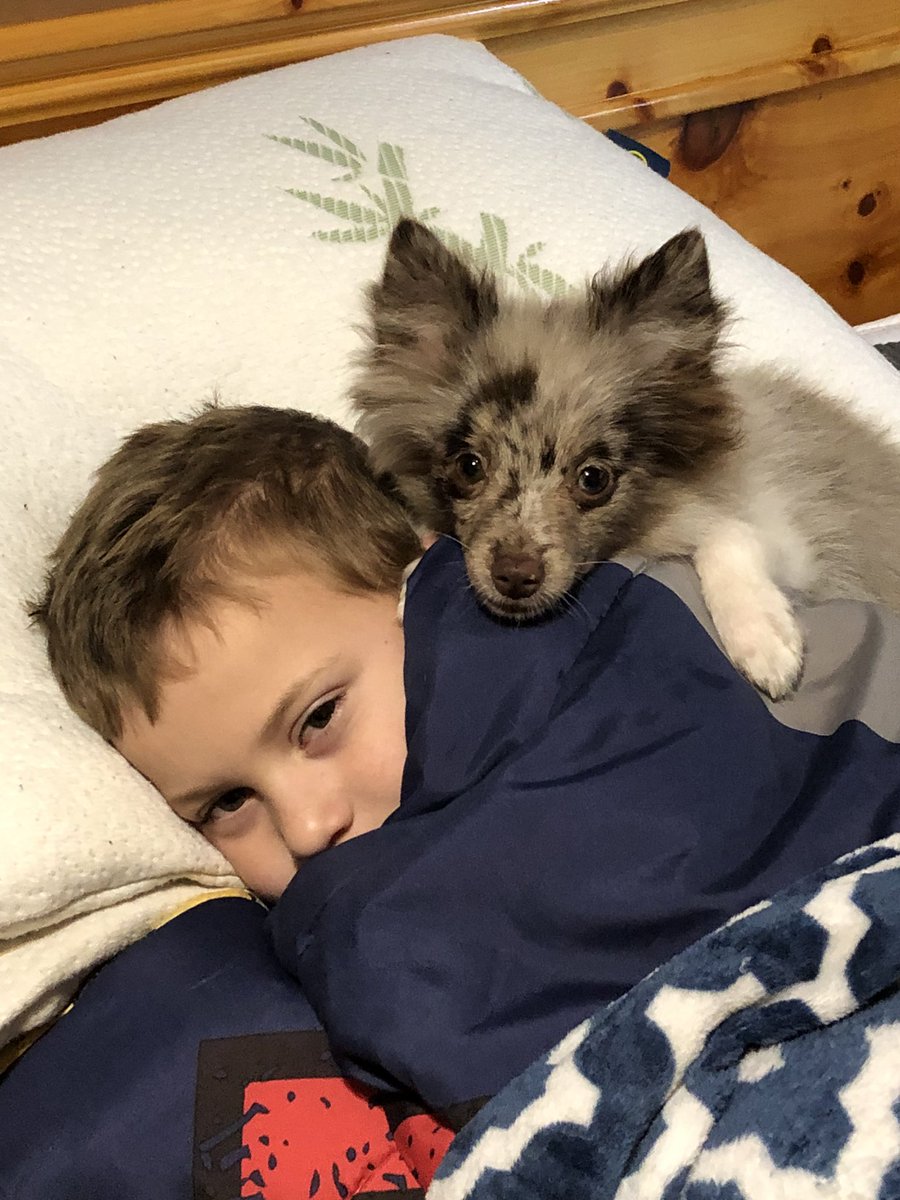Watch the screening software. Pretty effective, but it dosen't automatic stop the virus ( 2019-nCoV ) 100%.
The Chinese now admit it's able to spread from people to people.

Around three million dogs are being stabbed, drowned, clubbed, hanged and sold on for meat every year in Cambodia.
The trade is largely supplied by stolen pets, strays or unwanted dogs sold to passing motorcyclists for aluminium pots and pans.
Captured creatures spend their days in small and rusty iron cages waiting for their gruesome deaths.
Workers at unlicensed slaughterhouses are exposed to deadly health risks like rabies and say they are being traumatised by the day-to-day killings.
Ken Chan, who slices the throats of up to six dogs a day, burst into tears as he described how his job haunts him as he goes to sleep...

Help FOUR PAWS and add your voice to call for an end to the dog and cat meat trade in Southeast Asia.
- read more on help.four-paws.org : End the dog and cat meat trade in Southeast AsiaBy adding your name, you’ll join the global movement of people calling for an end to:
- The theft of millions of family pets in Southeast Asia to be slaughtered for the trade
- The capture of stray cats and dogs from the streets of Southeast Asia for their meat
- The brutal killing methods such as drowning, hanging and torching alive
- The risk of rabies to humans and animals through this trade
-read more on four-paws.org: Ending the Dog and Cat Meat Trade in Southeast AsiaThe cruel dog and cat meat trade in Southeast Asia:
Every year, millions of dogs and cats are killed for their meat, making the trade arguably one of the most severe companion animal welfare issues in Asia. Despite continued media attention on the infamous Yulin festival in China, the sad reality is that in cities across Southeast Asia, tens of thousands of cats and dogs are killed in a brutal way each and every day.
Dogs and cats are stolen from their owners and snatched from the streets in Indonesia, Cambodia and Vietnam. These animals are transported long distances, often lasting days, and are killed using gruesome methods such as drowning, blow- torching, electrocution, and beating. While incredibly cruel for the animals, the trade also serves as a significant public health threat, most notably in the form of rabies.
FOUR PAWS is committed to bringing an end to the cruel dog and cat meat trade in Southeast Asia through government collaboration, supporting local stray animal care programs, rescues, and bringing awareness to the trade.


Dog Meat Trade
The dog meat trade is one of the most serious animal welfare issues in Asia. Soi Dog Foundation is working in several countries to end this inhumane and barbaric practice.
The availability of dog meat is widespread in Asia, where the welfare concern is enormous due to the large numbers of dogs being stolen from owners, taken from the streets or sourced from farms, transported long distances and inhumanely slaughtered.
The conditions under which dogs are farmed, transported, and slaughtered are inhumane and barbaric. The dogs are not humanely killed, many are tortured for hours before being skinned alive. The reason for this is that people believe that the pain inflicted leads to the tenderising of the meat. Most shocking of all, is that some dogs are still alive when their fur is removed.
-read more on soidog.org : Ending the Asian dog meat trade

Moving slowly, like a Death Train. Actually, if this had been formally commissioned, it would have been pretty cool. The station and subway line are actually near me. But no, this is remarkable for the utter disrespect of public property. Each new car costs around 2 million USD.
Moving slowly, like a Death Train. Actually, if this had been formally commissioned, it would have been pretty cool. The station and subway line are actually near me. But no, this is remarkable for the utter disrespect of public property. Each new car costs around 2 million USD.

Is this a graffiti?


Follow their extraordinary journey to remote locations on the African continent, from arid savannah to exotic jungles. Become captivated by these extraordinary creatures as the filmmakers meet the people who are caring for and studying pangolins in a desperate attempt to save them from being poached and traded into extinction.
Our goal at Pangolin.Africa is to make Eye Of The Pangolin one of the most widely watched wildlife documentaries ever. If enough people learn to care for this animal, there is a chance that it can be saved. So please share this film with everyone you believe will be touched by this magical creature. If we don’t do something now, the illegal wildlife trade to the east will ensure that pangolins will disappear from the planet within the next 10-20 years.
Pangolins are considered the most illegally trafficked mammal in the world—scaly, cat-size, nocturnal anteaters found in Africa and Asia. Their meat and scales are in high demand for their supposed health benefits, and as a result the pangolin's population has plummeted. It's estimated that in the last 10 years, a million pangolins have been trafficked. Earlier this year, 4.4 tons of pangolin scales, labeled as plastic, were seized in Hong Kong, a haul estimated to represent between 1,100 and 6,600 pangolins and be worth $1.25 million (U.S.). Pangolins are now one of the most valuable animals to need protection, and bans are being discussed alongside those of iconic animals like elephants and rhinos. This short film produced by Coral and Oak Studios follows the regrettable voyage a pangolin takes from the moment it is caught to the moment it is consumed. It was filmed on location with the help of reformed poachers and wildlife enforcement officers.